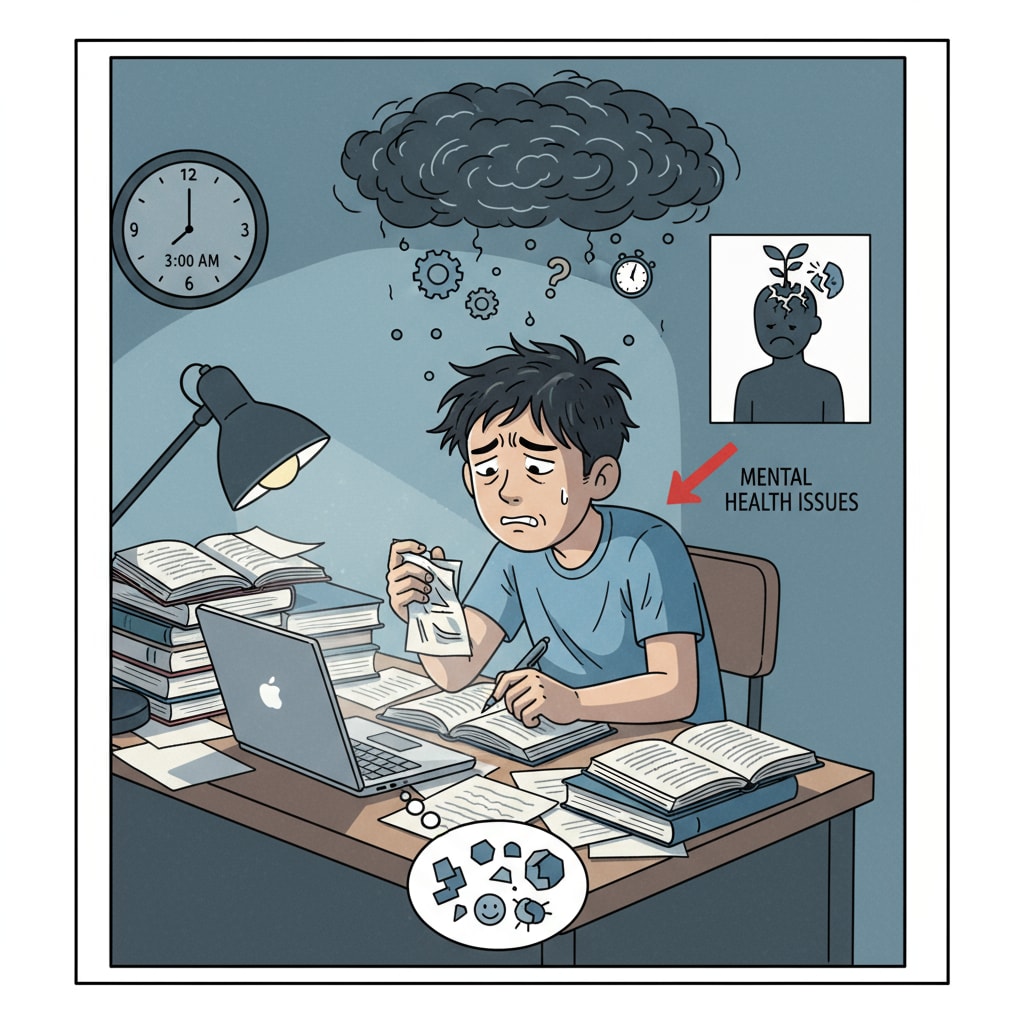Mental health, school withdrawal, and social pressure are intertwined issues that K12 students often grapple with. In today’s fast-paced educational environment, the well-being of students is a matter of great concern. When a student decides to take a semester off due to mental health reasons, they are likely to face various forms of social pressure.

This not only affects their mental state but also their ability to reintegrate into the educational system.
The Prevalence of Mental Health Issues Among K12 Students
Mental health problems are becoming increasingly common among K12 students. According to the Centers for Disease Control and Prevention, factors such as academic stress, peer pressure, and family issues can contribute to mental health challenges. These issues can range from anxiety and depression to more severe disorders. For example, many students feel overwhelmed by the pressure to achieve high grades, which can lead to feelings of inadequacy and stress.

The Decision to Withdraw from School
Deciding to take a semester off due to mental health reasons is not an easy one. It requires students and their families to confront the stigma associated with mental illness. However, it is often a necessary step to ensure proper treatment and recovery. Parents and educators need to understand the importance of this decision and provide support. As a result, creating a supportive environment can help students feel more confident in their choice to prioritize their mental health.
Facing Social Pressure
Once a student decides to withdraw from school, they may face social pressure from various quarters. Peers may not fully understand the reasons behind the decision and may make negative assumptions. Additionally, some educators and community members may also have biases towards mental health issues. This can make the student feel isolated and judged. For instance, they might be labeled as “lazy” or “weak” instead of being recognized as someone who is taking steps to improve their well-being.
Strategies for Students
- Educate yourself about mental health and the importance of taking care of it.
- Build a support network of family, friends, and mental health professionals.
- Set small goals for yourself during the休学 period to regain a sense of accomplishment.
Strategies for Parents
- Be understanding and supportive of your child’s decision.
- Communicate openly with your child’s school and educators to ensure a smooth reintegration.
- Encourage your child to engage in activities that promote mental well-being, such as exercise and hobbies.
Strategies for Educators
- Provide training on mental health awareness for teachers and staff.
- Create a supportive school environment that destigmatizes mental health issues.
- Work with parents and students to develop an individualized plan for reintegration.
In conclusion, mental health, school withdrawal, and social pressure are complex issues that require a collaborative approach. By understanding the challenges faced by K12 students and implementing effective strategies, we can create a more supportive environment for their mental well-being. Students, parents, and educators all have a role to play in ensuring that students receive the care and support they need to thrive.
Readability guidance: The article uses short paragraphs and lists to summarize key points. Each H2 section provides a list of practical strategies. The passive voice and long sentences are kept to a minimum, and transition words are used throughout to enhance the flow of the article.


